AC/DC’s unsung older Young brothers.
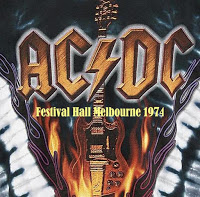
I’ve always had a soft spot for hard rock band AC/DC since seeing one of their early gigs in Melbourne, Australia, in 1974. An unknown AC/DC were supporting a well-known Lou Reed, who we’d paid handsomely to see, but found uninspired and disappointing. AC/DC weren’t as tight as they’d later become but, needless to say, their ballsy blues rock blew poor old Lou’s ‘stroll on the mild side’ totally out of the water. By 1976, AC/DC even drank in our afterwork pub occasionally, West Melbourne’s Royal Standard, not that I’d have dreamed of intruding upon the band’s privacy
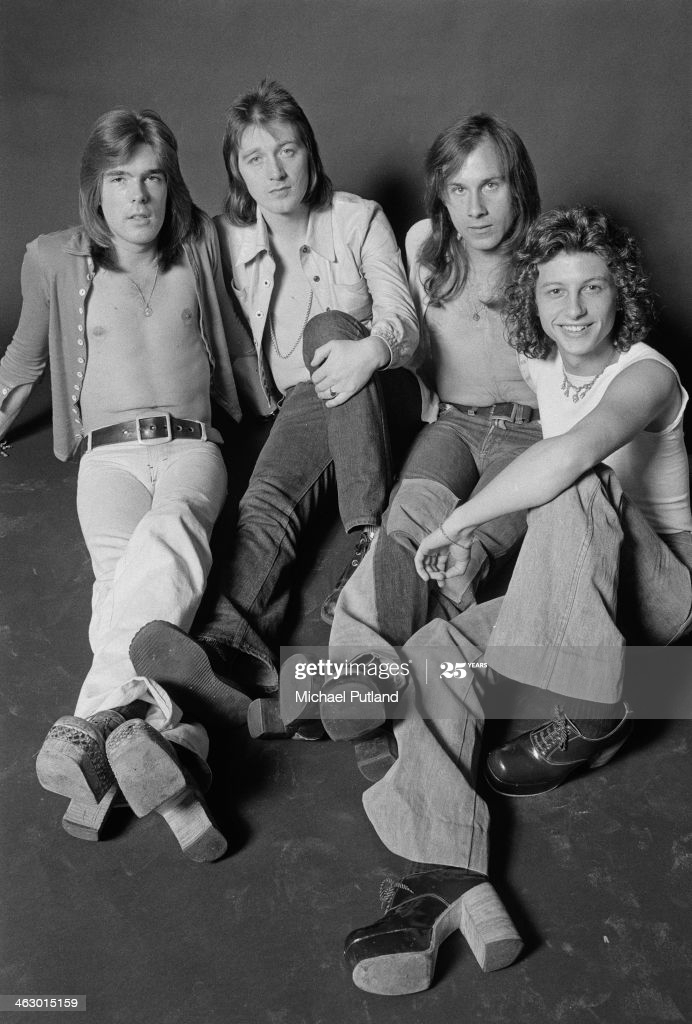
Then, in 1977, Cliff Williams, a musician I’d worked closely with in London, joined AC/DC as bassist and backing vocalist, endearing them to me more. He stayed with them for 40 years. In 1971, Cliff played in a band I was involved in called Home. On lead guitar was Laurie Wisefield who later played with Wishbone Ash for 11 years, then Tina Turner, amongst others. It seems like I saw Home 100 times although it was probably about 30. One of the highlights was Cliff playing his electric bass guitar with a cello bow. The sounds he made were very un-AC/DC, quite classical, in fact. Coincidently, I wrote the PR blurb for both Home and Wishbone Ash in the early 1970s.
As well as Laurie, the company I worked for also had now legendary guitarists like Jeff Beck, John McLaughlin, Gary Moore and Carlos Santana on their label. Reality check! I was never getting anywhere near those heights, so you can understand why I gave up playing guitar for years.
Another thing that I liked about AC/DC was I remembered the Young brothers’ older brother, George, appearing on English TV with the seminal Aussie band, the Easybeats. This would have been around 1966 when I was 16. George co-wrote ‘Friday On My Mind’ which reached number six in the UK that year, 16 on Billboard’s Hot 100 in the USA and topped charts around the world. ‘Friday On My Mind’ was also covered by David Bowie on his ‘Pin Ups’ album in 1973.
Although formed in Sydney, the Easybeats were a band made up of immigrants who had recently arrived in Oz. Rhythm guitarist George Young was Scottish, singer Stevie Wright and drummer Gordon Fleet were English, and bassist Dick Diamonde and lead guitarist Harry Vanda from the Netherlands. Here’s a blast from the past, especially for those who have never heard the Easybeats.
What’s not widely remembered is just how much Harry Vanda and George Young contributed to the success of AC/DC, the band formed in Sydney by George’s younger brothers, Malcolm and Angus Young, in 1973. They took the name from the AC/DC abbreviation on their sister Margaret’s sewing machine.
Vanda and Young encouraged and backed the young band, producing AC/DC’s debut album ‘High Voltage’ in 1975. Both sang backing vocals and George played bass and rhythm guitars on a few tracks. George even played bass on the road with AC/DC for a while. By 2008, ‘High Voltage’ had easily sold over three million copies. Vanda and Young then co-produced ‘TNT’ in 1975; a different ‘High Voltage’ album released internationally in 1976; ‘Dirty Deeds Done Dirt Cheap’ also in 1976; ‘Let There Be Rock’ in 1977 and ‘Powerage’ in 1978. They later produced tracks on 1986’s ‘Who Made Who’ and 1988’s ‘Blow Up Your Video’ albums.
In 1999, George Young took over production duties once again for AC/DC’s ‘Stiff Upper Lip’ album, a return to the no-frills rock of the earlier albums. George was brought in to regenerating the band’s flagging enthusiasm punctures by previous producer Rick Rubin’s perfectionism and snail-paced recording technique. (Mind you, Rick certainly got results, didn’t he?) Explained Angus Young:
“From the very early years, George was instrumental in helping us find our sound. When Malcolm and myself were kids, George showed us what we could do in the studio. He showed us a lot of the basic stuff, and he was always great – helping with the songs and explaining everything. When you’re a young kid, you don’t know the difference between a verse and a chorus, let alone a drum break or a middle eight. He helped with a lot of that stuff. But he also gave us that room to be who we wanted to be – not a hit producer’s idea of what he thought we should be. It just made sense to work with him again because he’s literally family and he knows us better than anyone and that made the whole process really fun.”
About as far removed from AC/DC as you can get is 1978’s smash hit ‘Love Is in the Air’, which reached five in the UK, seven in the USA, three in Oz, and discoed to the top of pop charts around the world. This, too, was written and produced by former Easybeats, George Young and Harry Vanda. I’ll revise that bit about ‘Love Is in the Air’ being far removed from AC/DC. It was sung by another Scottish-born Aussie called Young: John Paul Young – no relation.
But back to hard rock. Here’s couple of hard rock tracks from albums produced by Harry Vanda and George Young you might not have heard. This first song is by Aussie band, Rose Tattoo, playing live. Check out why Guns N’ Roses’ guitarist Izzy Stradlin and singer Axl Rose have praised Rose Tattoo’s music for changing their lives and influencing their music.
Another great Australian band who influenced Guns N’ Roses was Adelaide’s the Angels, whom AC/DC encouraged Harry Vanda and George Young to sign in 1975. As Axl Rose said in 1988, “One of the reasons this band got together was a song called ‘Take A Long Line’.” The Roses used to play this Angels track “over and over” and I encourage you to check it out. In the meantime, here’s another Angels song that comes with an amusing bit of Aussie folklore summing up this irreverent country: ‘Am I Ever Gonna See Your Face Again’.
Since the early 1980s, whenever the Angels played this live, wherever they were, every time they sung: “Am I ever gonna see your face again”, the entire crowd, young and old, would shout back, “No way, get fucked, fuck off”. This tradition was still going strong five years ago. Check it out for yourself.
Sadly, George Young died in Portugal in October 2017 aged 70, just three weeks before his brother, Malcolm, of AC/DC, passed.
For your interest: an elder brother, Alex Young, remained in the UK when his brothers emigrated to Australia with their parents in 1963. A multi-instrumentalist, singer and session musician, Alex was signed as a songwriter by the Beatles’ Apple Music Publishing in 1967, on the strength of a tape John Lennon liked. The Beatles also launched the debut single of Alex Young’s band, London-based Grapefruit. Called ‘Dear Delilah’, this reached 21 on the UK singles chart.
Paul McCartney, John Lennon and George Harrison all helped produce Grapefruit songs and Paul directed a promo film for the single ‘Elevator’ (before the days of video, of course) which was never released. Also never released was Alex Young’s ‘I’m a Rebel’ recorded by AC/DC in 1976 with Alex singing and Bon Scott on backing vocals. Alex Young later worked in music management in Hamburg, Germany, where he died in 1997.
As reported earlier in these pages, UK-based rhythm guitarist and backing vocalist, Stevie Young, replaced his uncle in AC/DC in 2014 when Malcolm retired due to dementia. Stevie is the son of the eldest Young brother Steve Snr. (1933 – 1989).
You have to ask yourself, is there another family who has given more to blues-based hard rock music than the Young family, both in Australia and the UK?
Stevie Young’s uncle, lead guitarist Angus, now 65, is AC/DC’s only original member. Stevie and Angus, incidentally, are the same age.
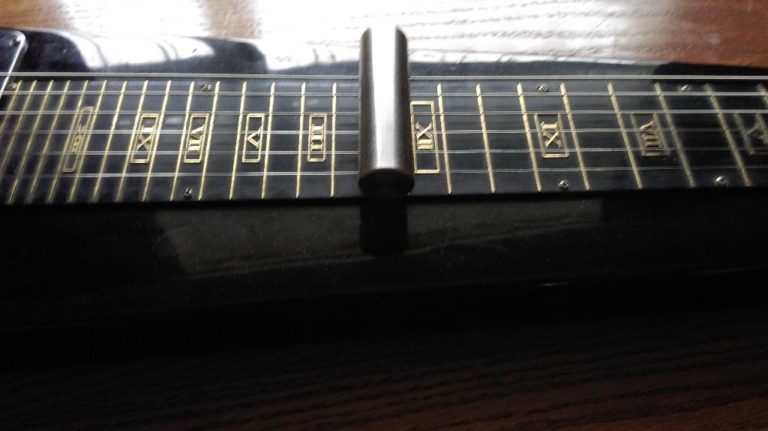

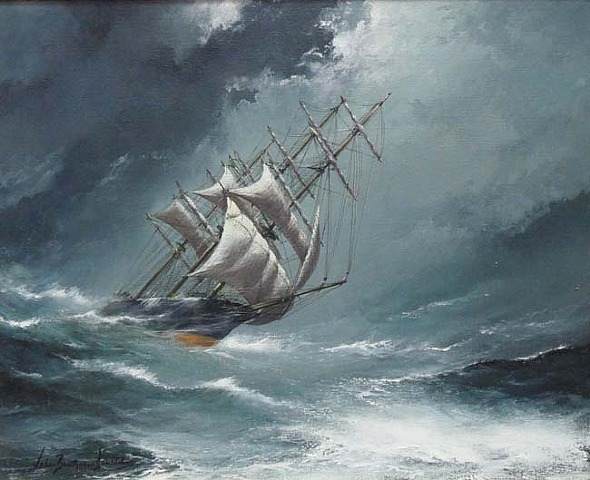

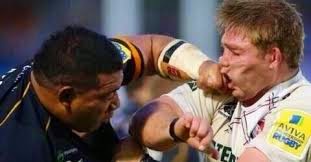
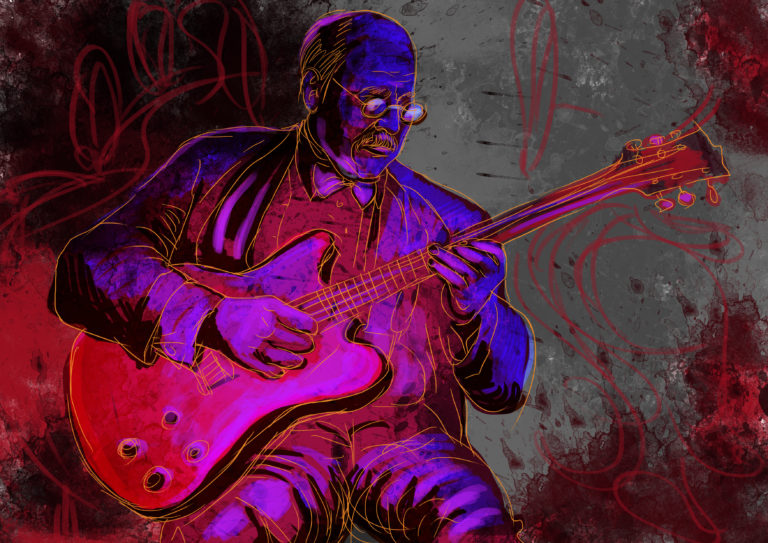
Thoroughly enjoyed my visit, Paul – Lots of info I was completely unaware of – Thanks for sharing and writing yet another brilliant blog – You Rock, Sir
You’re too kind, Sir.
You’re too kind, Carlos.
I had no idea about Alex Young’s connection to the Beatles. Very informative indeed.
Glad you like it Ryan. Thanks for the feedback.